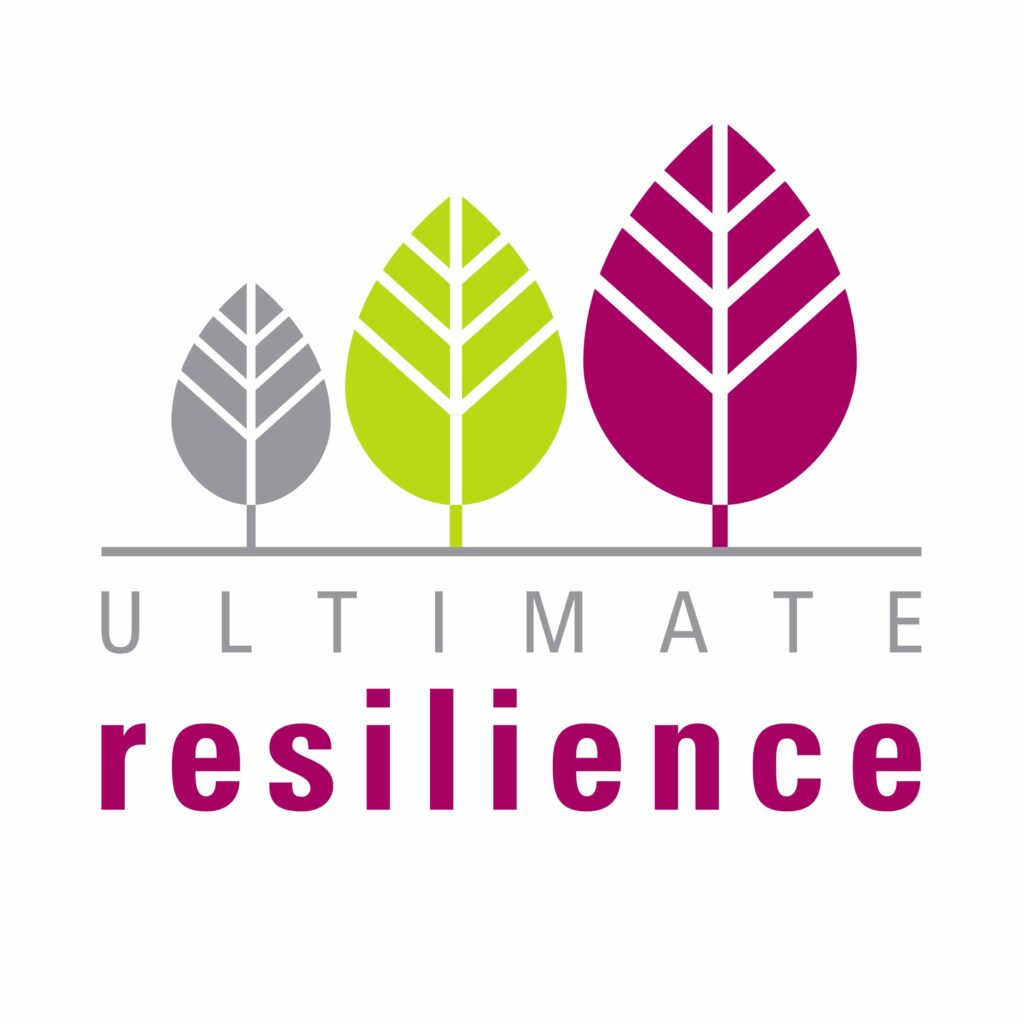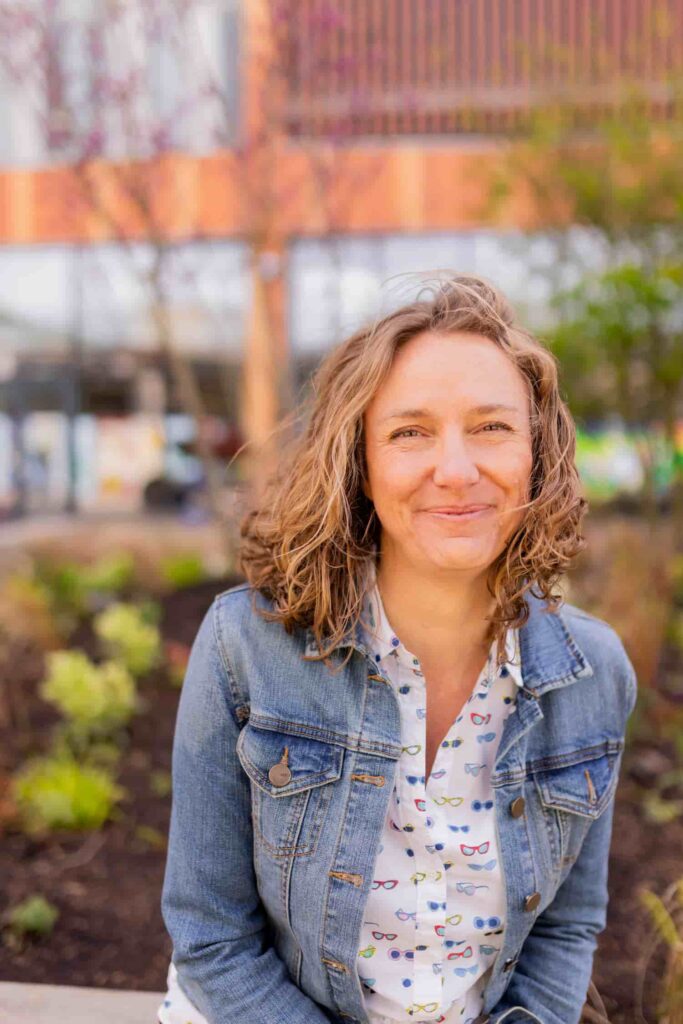
Dr. Felicity Baker is a Clinical Psychologist and the Co-founder of Ultimate Resilience Ltd. With more than three decades of experience in mental health, her journey reflects a deep commitment to wellbeing in the workplace. For 20 years, she worked in the NHS, leading teams and delivering psychological therapies to individuals facing complex mental health challenges. Over the past ten years, she has focused her efforts on helping organisations build resilience, especially among their HR teams. Through her company, she has worked with hundreds of businesses, offering support that centres on mental health, emotional wellbeing, and long-term resilience.
Dr. Felicity Baker | Co-founder | Ultimate Resilience Ltd.
At EliteX, we are proud to have Dr. Felicity Baker as part of the edition: Prominent HR Leaders to Follow, 2025.
In her current role, Dr. Baker has become a strong voice for change within HR. Named one of HR Magazine’s Most Influential Thinkers of 2024, she continues to lead the conversation around mental health and resilience in the workplace. While HR professionals are often responsible for taking care of others, their own wellbeing is frequently overlooked. Her work highlights this gap and aims to correct it by advocating for structured emotional support systems within HR departments. Drawing on both academic research and real-world practice, she pushes for tools like reflective supervision that help HR professionals manage emotional demands, reduce stress, and build resilience. Her message is clear: sustainable organisational health begins with supporting the people who help shape company culture—HR teams themselves.
“Reflective supervision allows HR professionals to process their experiences, talk about ethical dilemmas, and develop coping tools.”
One of the major challenges she sees in 2025 is the emotional toll placed on HR professionals. They are often the emotional backbone of an organisation—responsible for supporting others through change, managing conflict, and maintaining workplace harmony. Yet they rarely have anyone to turn to for their own emotional needs. Dr. Baker led a survey of over 1,400 HR professionals, which revealed worrying levels of anxiety, depression, and burnout. The results showed that these rates are significantly higher than those in the general population. The research also found that 87% of respondents felt that the support they received at work was insufficient.
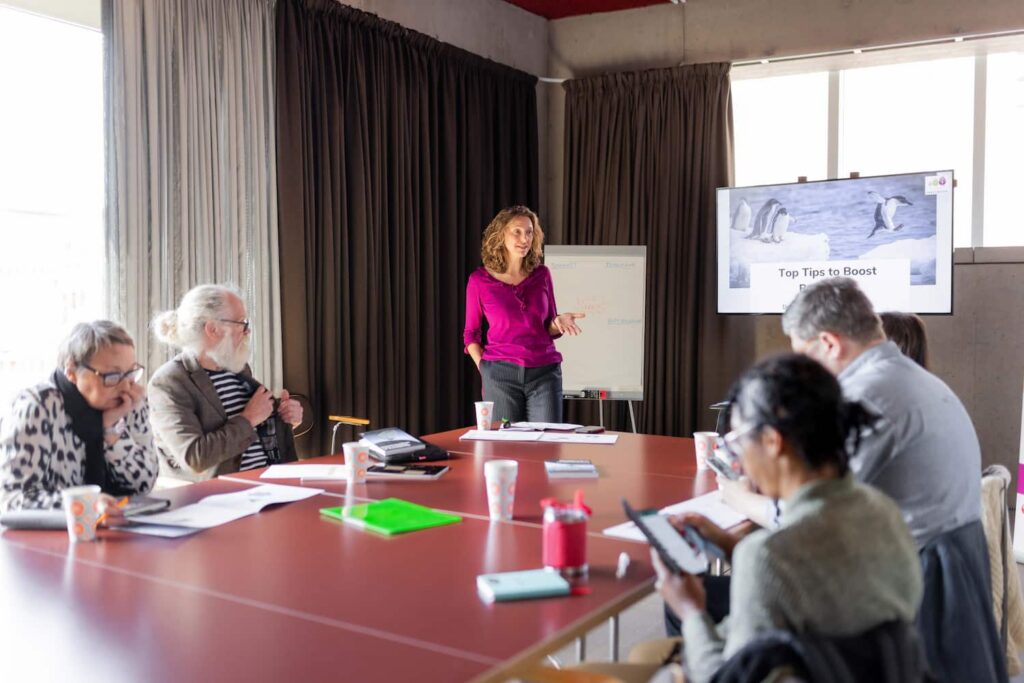
According to her, the pressure points include overwhelming workloads, poor management, overly broad job responsibilities, and compassion fatigue. Another key insight is that most HR professionals—91% of them, in fact—do not feel equipped to handle the psychological demands of their roles. This points to a serious need for tailored support systems. The emotional complexity of HR tasks often mirrors the challenges seen in mental health settings, yet many organisations fail to offer the same kind of support that mental health workers receive. Dr. Baker believes that reflective supervision, a tool commonly used in healthcare, can play a critical role in filling this gap for HR.
Her belief in building a strong, inclusive, and supportive HR culture comes from years of evidence-based practice. She stresses the importance of psychological safety, transparency, and daily reinforcement of trust. She explains that a strong culture is not created through occasional initiatives—it is built and maintained through everyday actions. When leaders genuinely listen, recognise differences, and show appreciation, a sense of inclusion and resilience begins to grow. This, in turn, strengthens not just the wellbeing of HR teams but the entire workforce.
At Ultimate Resilience, her approach to HR engagement and retention goes far beyond rewards or standard surveys. Instead, she focuses on valuing people as whole individuals. One of her top strategies is introducing reflective supervision into HR settings. In healthcare, this method has already been shown to reduce burnout, improve team cohesion, and boost staff retention. Dr. Baker believes the same principles can transform HR too. Reflective supervision allows HR professionals to process their experiences, talk about ethical dilemmas, and develop coping tools. This space for honest reflection helps individuals stay engaged and connected to their purpose, making it a powerful tool for long-term success.
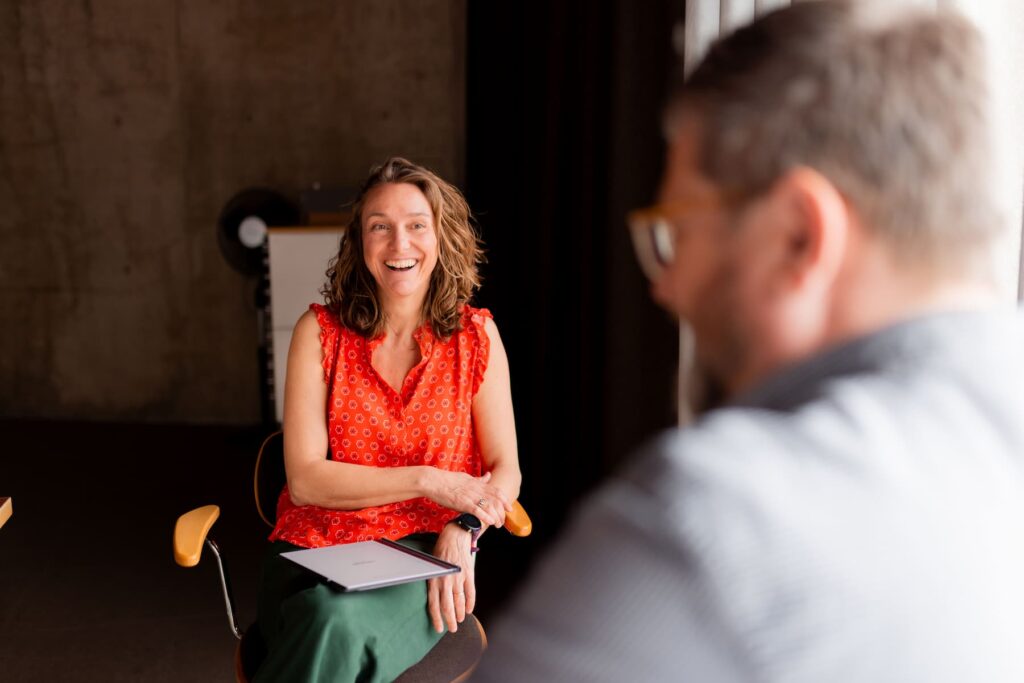
“When HR professionals are well-supported—emotionally, mentally, and professionally—they perform better.”
Helping HR professionals grow in their careers is also central to her work. Ultimate Resilience runs a specialised HR Supervision programme that focuses on both personal and professional development. Dr. Baker believes that these two areas cannot be separated. When HR professionals are given a safe space to talk about challenges, mistakes, and ethical questions, they begin to build deeper self-awareness and stronger emotional resilience. Regular access to these reflective sessions enables them to develop the kind of emotional intelligence and adaptability that supports sustainable career growth. In the long run, this also benefits their teams and the organisations they serve.
Change is another constant that HR professionals must manage, often while dealing with the emotional fallout that comes with it. Dr. Baker recognises how exhausting this can be. HR teams are usually at the front lines of any organisational shift, from layoffs to leadership transitions. She believes they need more support to carry this burden effectively. Through reflective supervision, whether delivered individually or in groups, HR professionals can explore difficult decisions, clarify their role in change processes, and recharge their emotional energy. This not only helps them personally but strengthens the organisation’s overall ability to manage change successfully.
Among her proudest achievements is the creation of the first-ever HR Supervision programme in the UK. Developed in partnership with Dr. Jo Burrell, this initiative was inspired by supervision models used in clinical psychology and adapted to meet the unique needs of HR. The programme offers HR professionals a dedicated space to manage stress, reflect on their work, and grow their professional identity. Early results have been encouraging. Participants have reported clearer boundaries, healthier communication, and an overall improvement in team performance.
Feedback from participants has reinforced the programme’s value. One HR leader who had never experienced coaching before shared how Felicity gave her tools to cope with increasing pressure and helped her think creatively during a very demanding time. Another Head of People described how supervision gave her a safe space to talk about the isolation and emotional challenges of her role. She appreciated that Felicity saw her as a whole person, not just a professional. These testimonials highlight the lasting impact of this kind of support. It’s not just about solving immediate problems; it’s about developing a toolkit for long-term wellbeing and resilience.
Balancing HR’s needs with wider business goals is something Dr. Baker sees not as a conflict, but as an alignment. When HR professionals are well-supported—emotionally, mentally, and professionally—they perform better. Their improved engagement positively affects other employees and enhances the culture of the organisation. This creates a ripple effect that strengthens leadership, encourages innovation, and builds organisational resilience.
“Sustainable organisational health begins with supporting the people who help shape company culture—HR teams themselves.”
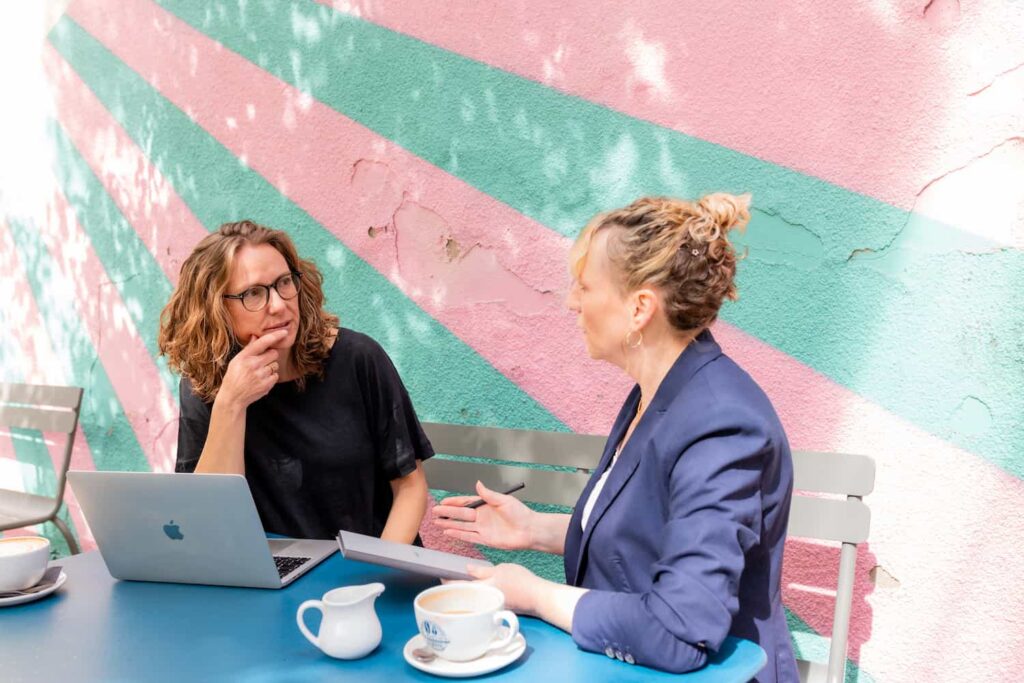
For Dr. Baker, support systems like supervision and mental health resources should not be optional extras. They are essential. Without them, organisations risk burning out the very people who hold everything together. Her vision is for a workplace where people and performance can thrive side by side. She believes that true sustainability in HR leadership begins with care—for self, for colleagues, and for the systems that shape organisational life.
In everything she does, Dr. Felicity Baker brings a compassionate, evidence-based perspective that challenges the status quo and offers practical tools for change. Her work is not only changing how organisations think about HR but also transforming how HR professionals view themselves. By creating space for reflection, growth, and support, she is helping to build a future where resilience is not just a buzzword, but a lived experience—for everyone, starting with those at the heart of organisational change.
